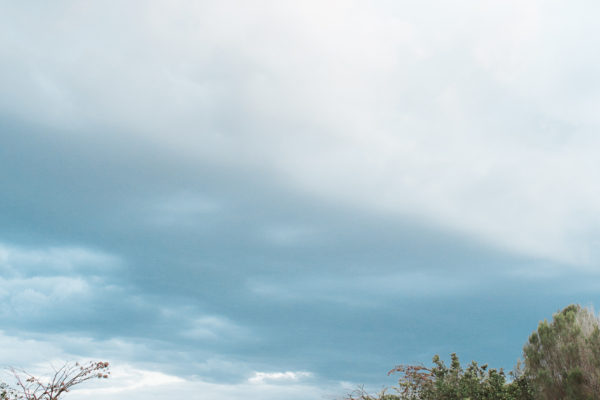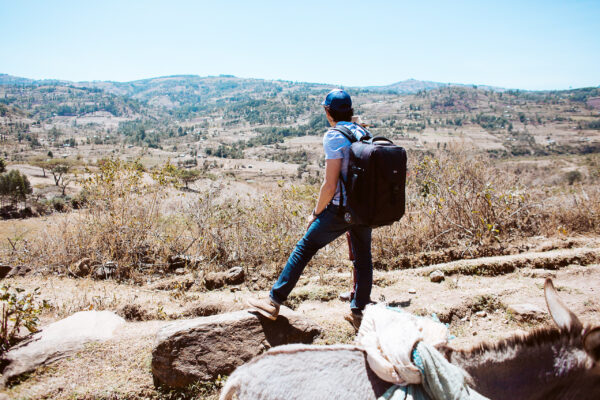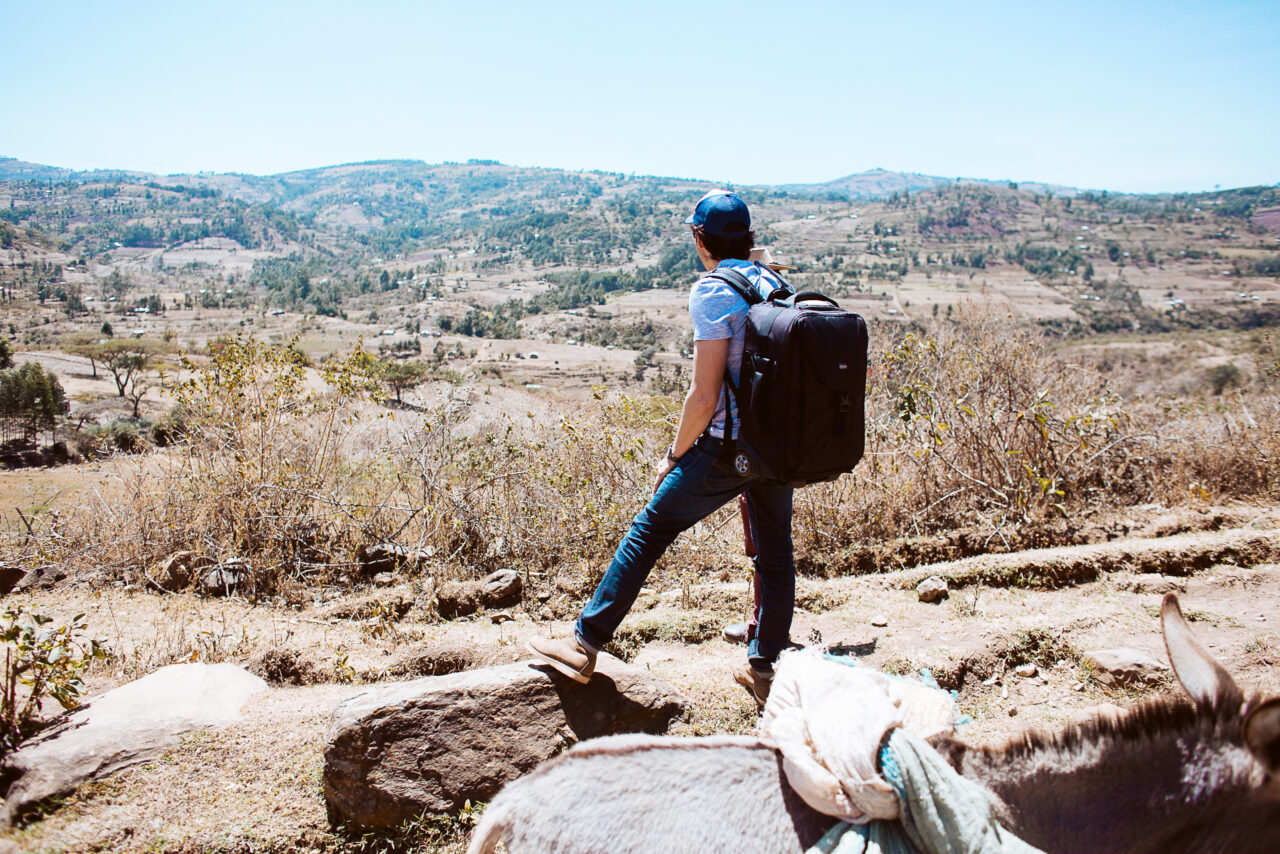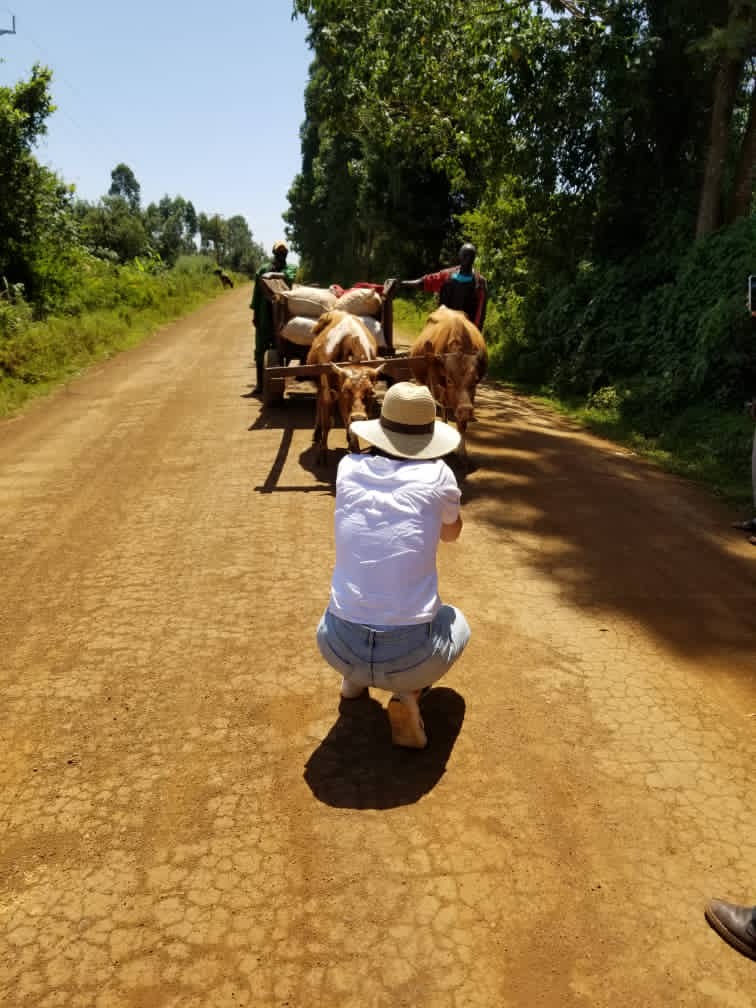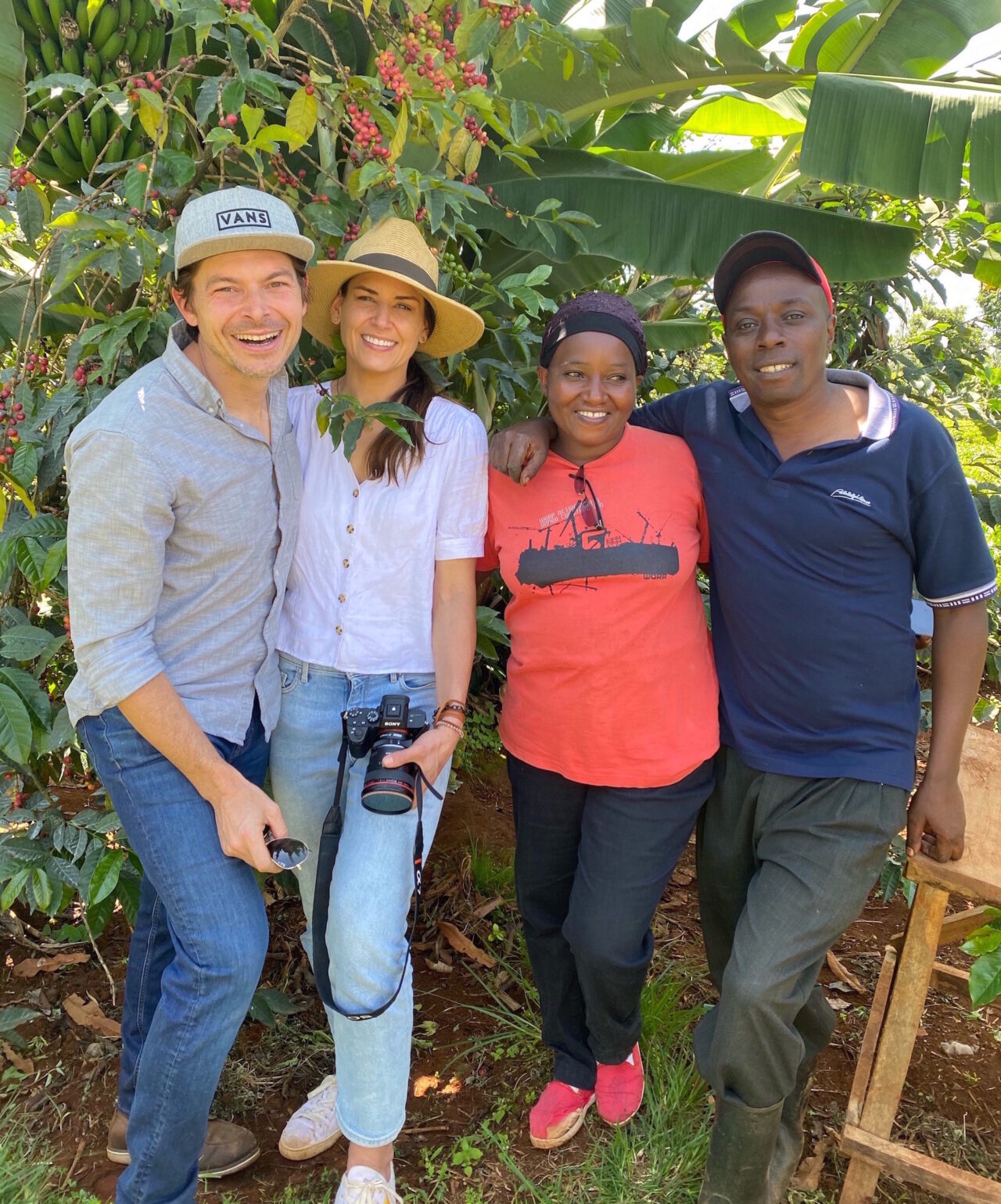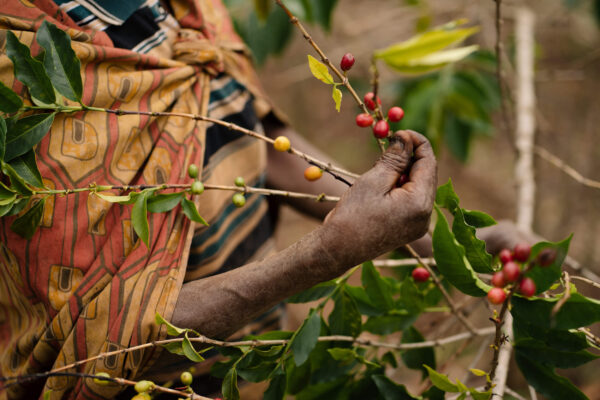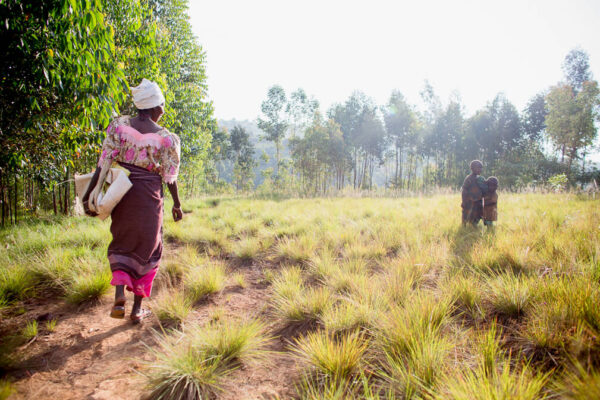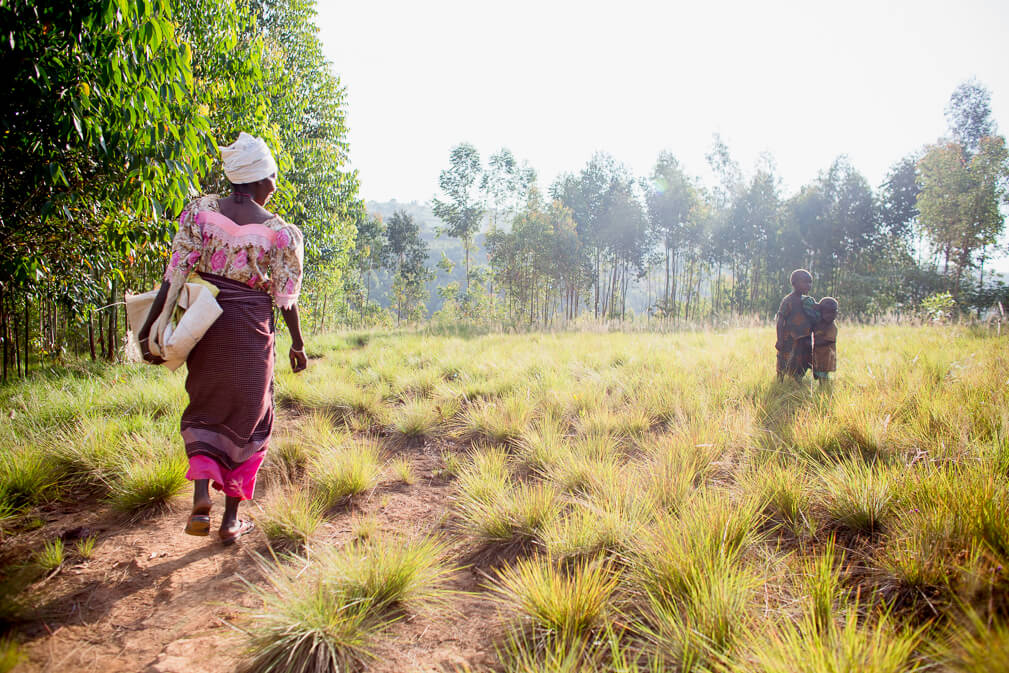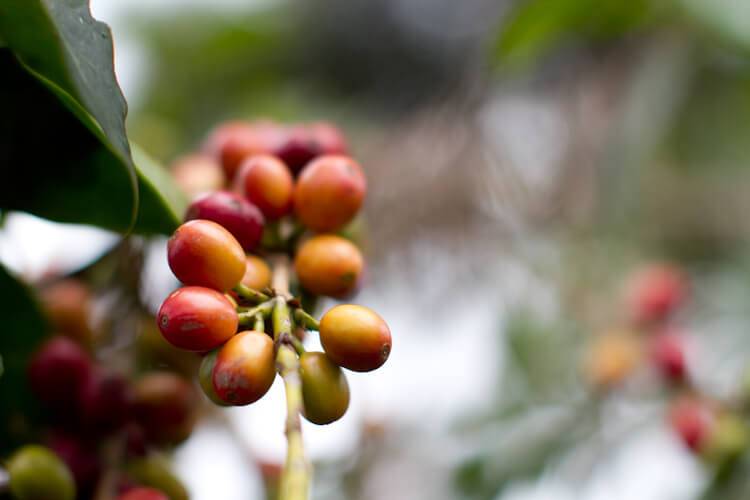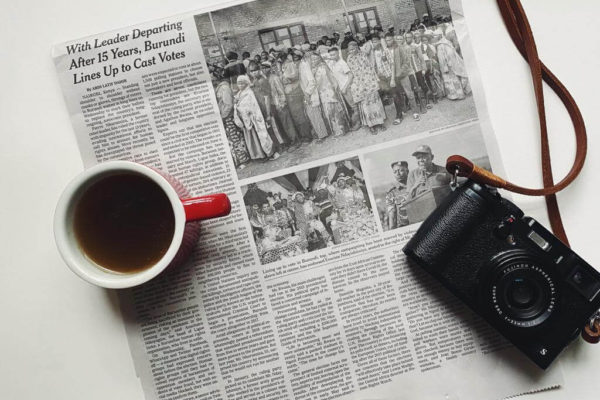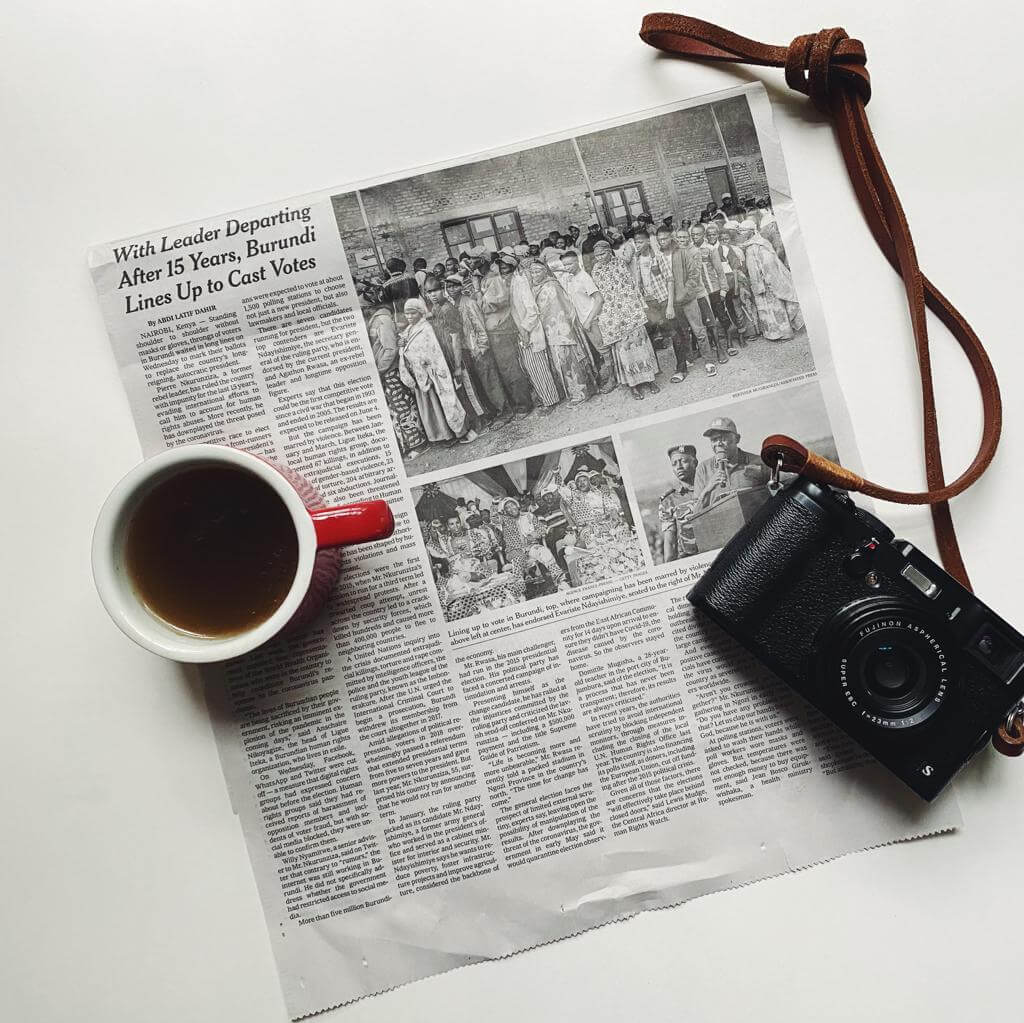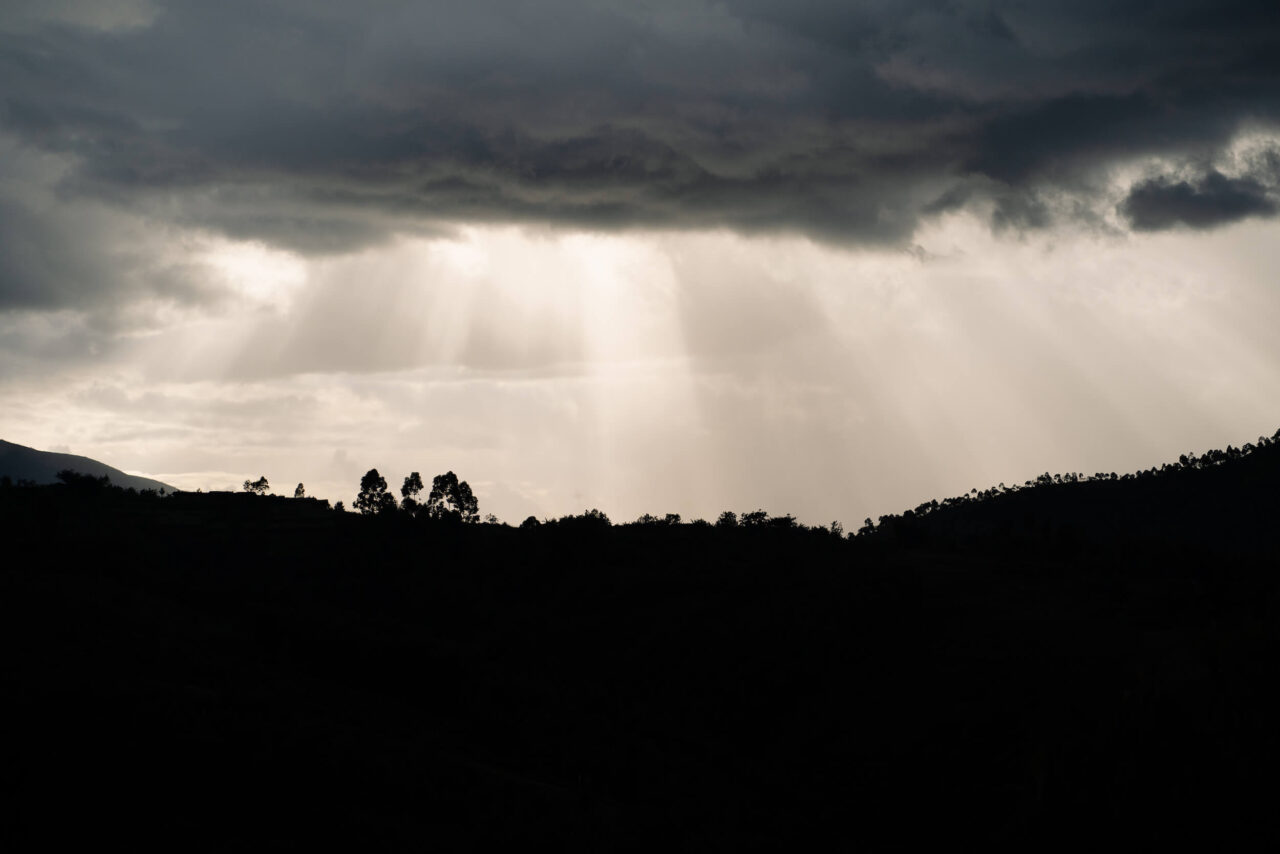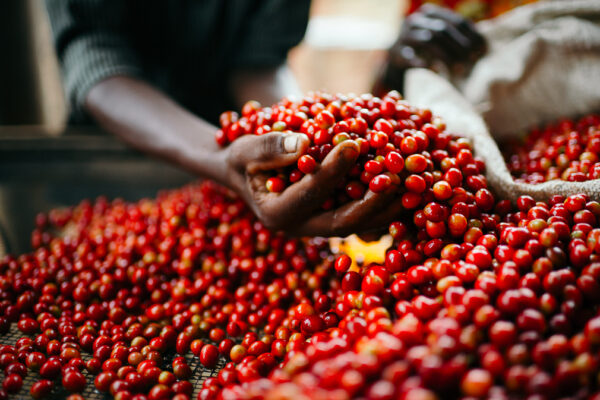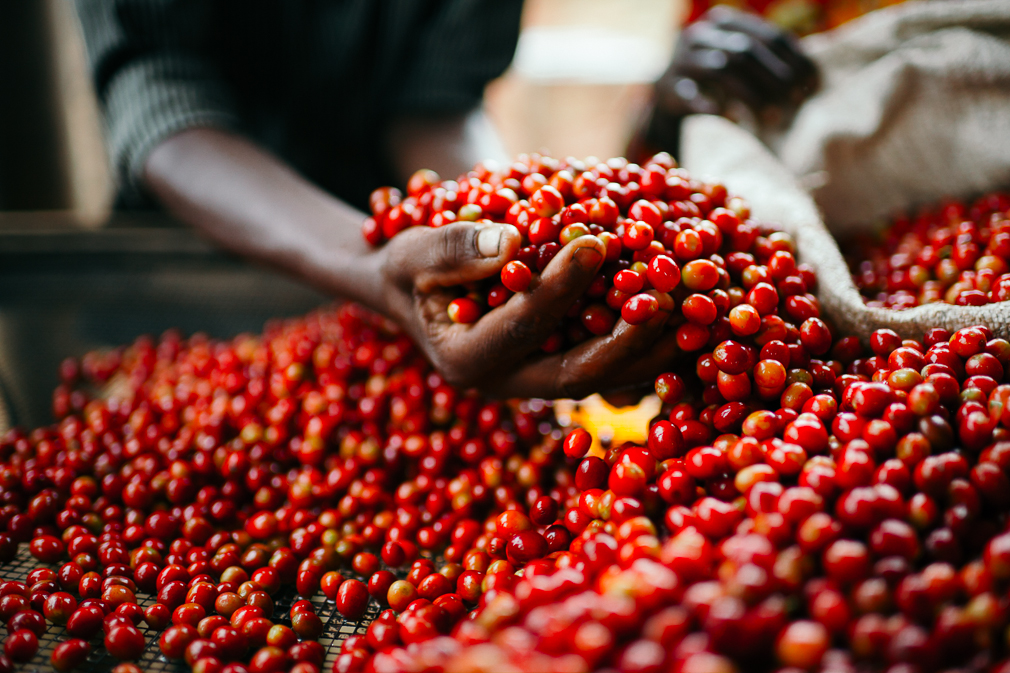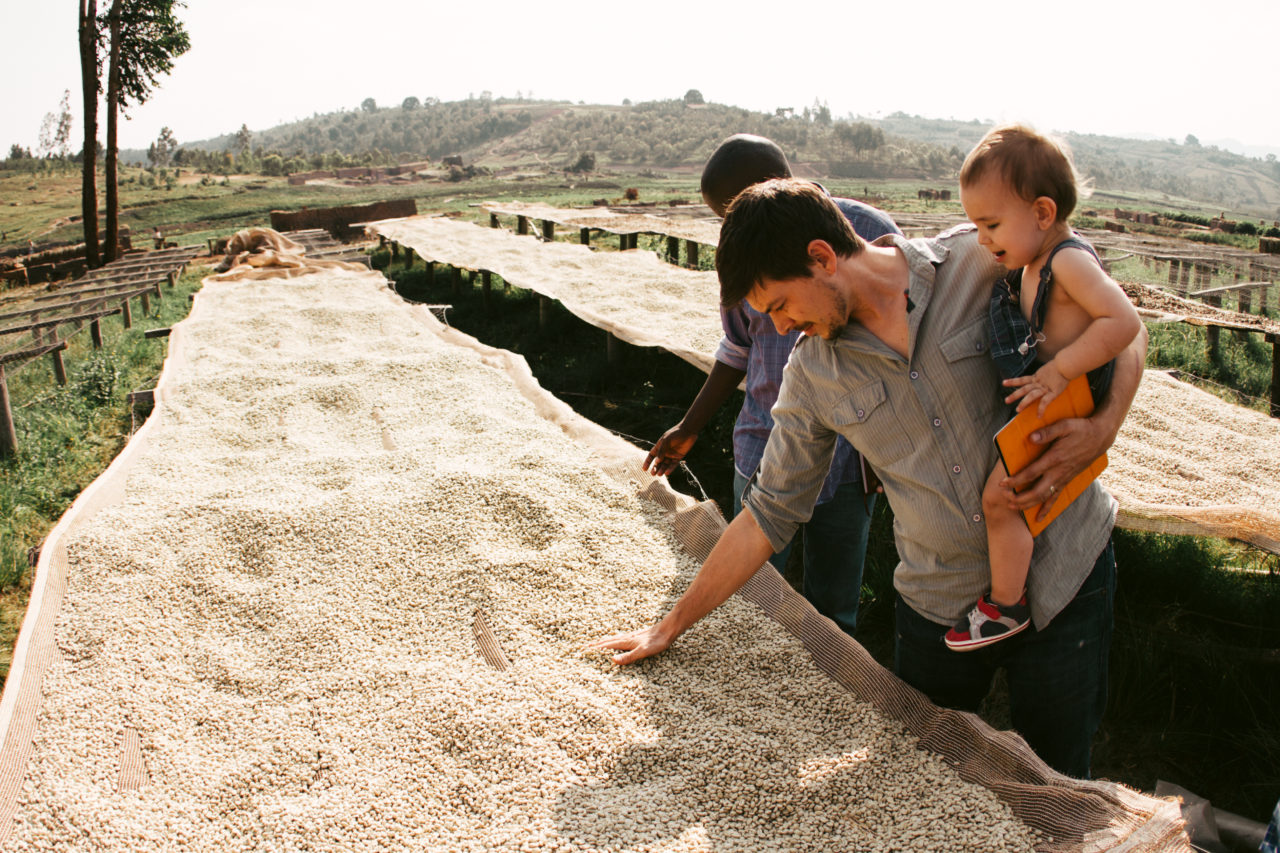What a year it’s been.
Lately, the thought of sitting down to reflect on the past year has felt like an overwhelming task. What really happened to 2020? It goes without saying that last year was unlike any other. For us, 2020 held challenges that were unique to the season and challenges that aren’t all that ‘unprecedented’ when it comes to producing coffee.
The year started off much like any other. Our team worked alongside our neighboring coffee farming communities, preparing coffee farms for the opening of the coffee season and expectant for a harvest better than the previous one. Everything seemed to be on track until the Burundian national coffee board announced a sudden change in regulations.
In order to qualify for an annual production licence, coffee producers were required to have 75% of their forecasted crop in the bank [to be held in trust to pay farmers]. Coming off the backend of a harvest where 25% of the country’s normal export was produced, having these funds in advance was unreasonable for most producers- ourselves included. If any coffee producers were unable to comply with the new regulations, they would lose their washing station(s) along with the permission to produce coffee ever again.
Scrambling to comply in time while the threat of a derailed harvest hung in the air made for a hard couple of months, but thankfully we were able to find a way. Then came the news of how rapidly the virus was spreading across the globe. Neighboring East African countries quickly plunged into strict lockdowns and the Burundi airport shut down. It was the first time in a long time that we had to ask visitors not to travel to Burundi for coffee harvest.

The pandemic aligned itself almost perfectly with the start of coffee harvest. Our thoughts flew straight to: “How can we build protocols to keep the farming communities that we work with and the team safe while continuing to produce coffee?” In a country with limited access to testing facilities and healthcare, where the government enacted few official controls, and COVID-19 updates were mostly shared through the radio, we assumed both the best and worst for Burundi.

All things considered, there was still a lot of beauty and joy found in harvest. The coffee trees continued to fruit and ripen. With hand-washing stations and social distancing in place, we were able to keep the washing stations open for cherry delivery. We celebrated from both near and far with members of our team as they welcomed babies into the world, got married, and as their families grew. We were able to pay coffee farmers on time for their hard work this season! Coffee was exported from Burundi faster than ever before. We continued with the build of Ninga, our third Long Miles Washing Station. Long Miles Kenya was launched, and we saw our first inaugural coffee harvest season in Kirinyaga County, Mount Kenya take place. The seed has been planted and preparations are now underway for the formal launch of Long Miles Uganda.

The year was certainly marked by hardship, loss and a specific set of words constantly strung together. “Unprecedented.” “Uncertainty.” “New normal.” It was also a year marked by bravery and courage; community and connection. Thank you for standing alongside us; for continuing to support Long Miles Coffee.

What lies ahead for us.
In 2017, Ben was sitting with a group of people at The Pulley Collective and an esteemed presenter proclaimed, “There is no sustainable coffee in the world.” Ben was speaking right after him about the hope we see in Burundi coffee, but he approached the stage with the wind out of his sails thinking, “Is it really possible to create a sustainable coffee company?” Ever since that day our company has been combating the harsh realities of coffee’s future with visions of hope. And in 2020, not only was the future of coffee challenged, but the human race’s future as well. It’s been a tough time to keep hoping, but also an impossible time not to grip onto the ship of hope with everything we’ve got.
Here’s how we plan to keep hope alive in 2021:
- A coffee farm in Kenya. We hope to start one. And that’s it for now.
- This year we started a pilot project in Kenya and we have loved the results. We hope to continue this project and expand it in 2021.
- We hope to build a community washing station and a model coffee farm in Uganda.
- We hope to fully open our Ninga Washing Station in Burundi. It has taken three years for us to get government approval for this washing station. Farmers who currently spend hours walking to the Bukeye Washing Station will have their livelihoods vastly improved by the presence of the Ninga Washing Station. With a keen focus on coffee quality, we will be using newly designed sealable fermentation silos, one of the newest approaches to coffee fermentation.
- We have plans for the expansion of Trees For Kibira, our reforestation and environmental impact program, within both Burundi and Kenya.

An additional founder’s hope is that we live out of a place of thriving, and support our team to do the same. We are not speaking about a place of great excess, but we have often lived in a place of survival only, cutting all expenses and depending on unreliable pre-financing methods to pay farmers and scrape by. While this can be an efficient way to produce coffee, the instability and stress of it doesn’t always honour the people on our team who work so hard to grow, produce, export and sell this product that we all love so much. We hold a deep belief that the only way to make coffee truly sustainable is to honour the value chain and everyone in it.
How do you plan to keep hope alive in 2021? We’d love to hear from you.
